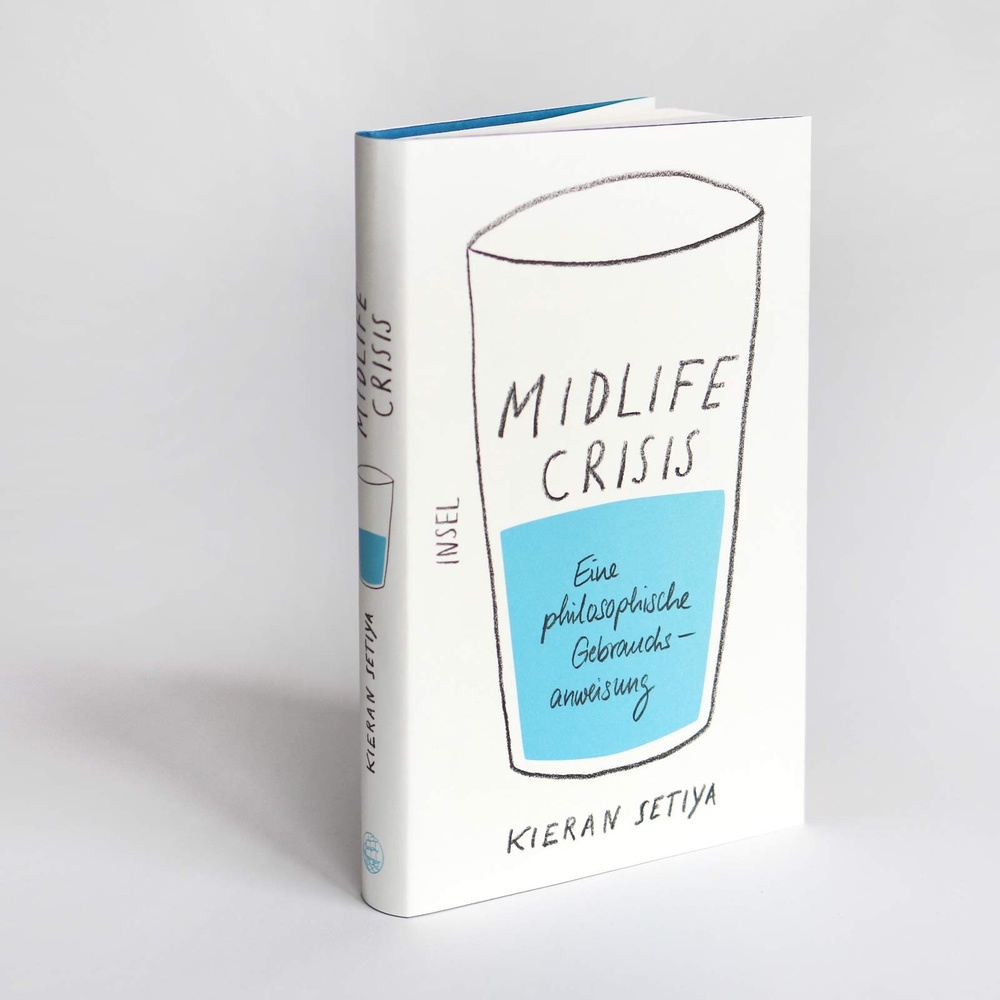Sharing my learnings from the book, Midlife by Kieran Setiya
Midlife by Kieran Setiya
You will learn why missing out might be a good thing, how options are overrated, and when you should be glad you made a mistake. You will be introduced to philosophical consolations for mortality. And you will learn what it would mean to live in the present, how it could solve your midlife crisis, and why meditation helps.
Ranging from Aristotle, Schopenhauer, and John Stuart Mill to Virginia Woolf and Simone de Beauvoir, as well as drawing on Setiya’s own experience, Midlife combines imaginative ideas, surprising insights, and practical advice. Writing with wisdom and wit, Setiya makes a wry but passionate case for philosophy as a guide to life.

- Elliot Jaques, an influential social scientist and psychoanalyst, had found that middle age often proved to be a transformative period in their lives
- Struck by the importance of middle age for middle age for great artists and ordinary people alike, Jaques wrote a groundbreaking essay that coined an intriguing term, the essay’s title was “death and the mid-life crisis” – and with its publication, the term “midlife crisis” suddenly began to spread.
- when we reach middle age, we often have to acknowledge some hard truths. For the first time in our lives, we may have to admit that many of our childhood & adolescent dreams are never going to come true
- It’s at this age that many people first really grasp their own mortality. With its backaches, wrinkles and health scares, can make our sense of mortality feel a lot more concrete and urgent
- In 2008, 2 economists David Blanchflower & Andrew Oswald conducted a study of lifetime well-being; they found that our levels of happiness tend to form a U-shape over the course of our lives. That is, we start out fairly happy, grow somewhat dissatisfied in middle age and then begin to cheer up again in our older years
- people who are happy always have their minds fixed on some object other than their own happiness.
- We have been blind to many of life’s pleasures. To overcome this blindness, we need to learn to value the aspects of life that don’t involve problems and solutions
- the feeling of missing out is inevitable in a world full of divergent values. Wondering about the lives not loved is simply a consequence of living in a world where so much seems desirable and worthwhile
- When we think about our actions and our regrets in a logical, philosophical way, there are many good reasons not to want the past undone. Remembering risks, which are a factor in every decision you make, can help you to stop idealizing the options you passed over
- philosophy can help us deal with death. We should adopt an attitude of temporal neutrality – in other words, treating the past as equivalent to the future. A simpler tactic is to think of the desire for immortality as understandable but unserious. We’d all like to have superhuman strength but to fret about lacking this would be absurd.
- Learn to love the process – not the goal. You can change your attitude toward everyday life. Instead of keeping your eye on the prize, pay attention to the process itself – and in time, you might find yourself enjoying it


Leave a Reply